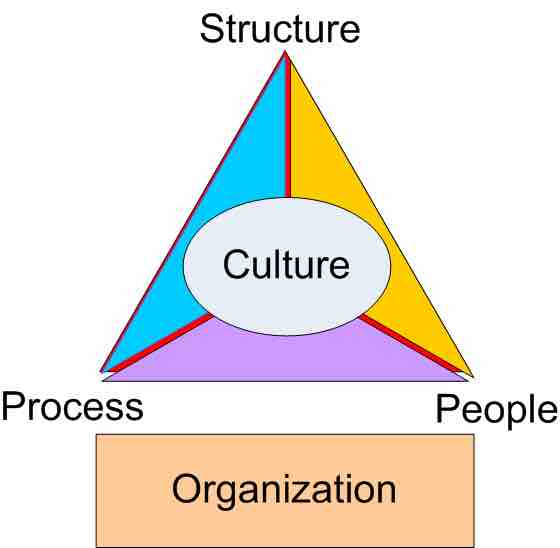Behavioral science draws from a number of different fields and theories, primarily those of psychology, social neuroscience, and cognitive science. Behavioral science uses research and the scientific method to determine and understand behavior in the workplace. Many of the theories in the behavioral perspective are included in the behavioral-science approach to management. For example, the Hawthorne studies used the scientific method and are considered to be a part of the behavioral-science approach.
Behavioral science within the business management environment is a specific application of this field, and employs a number of specific types of behavioral observations. This includes concepts such as information processing, relationships and motivation, and organizational development.
Information Processing
Information processing involves determining how people process stimuli in their environment. This field deals with the processing of stimuli from the social environment by cognitive entities in order to engage in decision making, social judgment, and social perception. The field is particularly concerned with information processing as it relates to individual functioning and the survival of an organism in a social environment.
Relationships
Behavioral sciences also include relational sciences that deal with relationships, interaction, communication networks, associations, and relational strategies or dynamics between organisms or cognitive entities in a social system. The emphasis on using quantitative data and qualitative research methods to determine how people process information and understand social relationships is important to helping managers better understand the proven methods for increasing employee motivation and employee productivity. The behavioral-science approach and the myriad of fields it encompasses is the most common study of management science today.
Organizational Development
The primary application of the behavioral-science approach can be seen in the field of organizational development. Organizational development is an ongoing, systematic process of implementing effective organizational change. Organizational development is considered both a field of applied behavioral science that focuses on understanding and managing organizational change as well as a field of scientific study and inquiry. It uses components of behavioral sciences and studies in the fields of sociology, psychology, and theories of motivation, learning, and personality to implement effective organizational change and aid in the development of employees.

Organization triangle
This diagram illustrates the idea that structure, process, and the people involved all play a role in an organization's culture.
Combined, the behavioral-science approach is broadly about understanding individual and group behavioral dynamics to initiate meaningful organizational development. The study of human behavior in the context of organizational change is an integral part of empowering organizations to grow, adapt, and learn to capture competitive advantage.